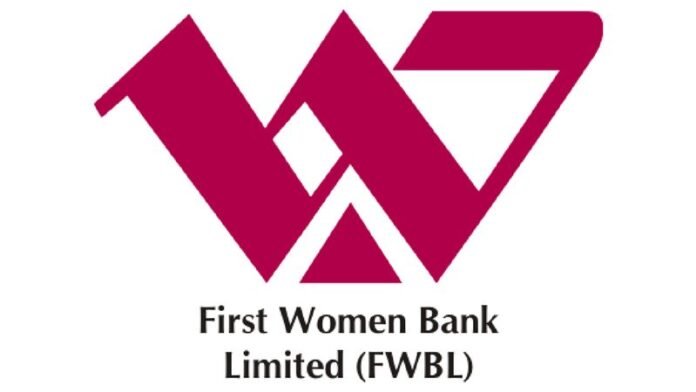Government has finalized the first women bank privatization with the United Arab Emirates (UAE) IHC with the deal of $14.6 millions.
It’s a deal that’s set to redefine a segment of Pakistan’s financial landscape, and the air around Islamabad is thick with the buzz of high-stakes finance and international diplomacy. In a move marking a significant expansion of the United Arab Emirates’ (UAE) investment portfolio in Pakistan, the First Women Bank Limited (FWBL) is officially changing hands. After months of careful negotiation, the UAE’s International Holding Company (IHC) has successfully concluded a deal to acquire a commanding 84% stake in the bank. This transaction is the final step in the First Women Bank Privatization process.
The numbers speak volumes: IHC, a nominated entity of the UAE government, has reportedly agreed to pay a substantial $14.6 million, translating to approximately Rs4.1 billion, for the majority shareholding. This isn’t just a simple corporate transaction; it’s a shining example of the strengthened economic ties between the two nations, conducted under the umbrella of the Inter-Governmental Commercial Transactions Act, 2022. The successful First Women Bank Privatization paves the way for future investment.
“For years, FWBL has been a unique institution, a symbol of economic empowerment for women across Pakistan,” a source close to the negotiations remarked. “While it has served its purpose, a change was clearly needed to unlock its true potential. This acquisition, a government-to-government (G2G) effort, is the fresh start everyone has been hoping for.”
The acquisition was the culmination of intensive, high-level talks. The fact that the deal has been finalized following successful G2G negotiations underscores the strategic importance both Pakistan and the UAE place on this transaction, making the First Women Bank Privatization a key diplomatic success. It signals a robust commitment from the UAE to inject foreign direct investment into key sectors of Pakistan’s economy. This commitment is highlighted by the First Women Bank Privatization.
The path to this major announcement wasn’t without its procedural steps. A source within the government confirmed that the agreement for the acquisition of the First Women Bank is poised for formal signing today, turning months of speculation into solid reality. The timeline for the First Women Bank Privatization was strictly adhered to.
The necessary government machinery has already put its stamp of approval on the deal. The special cabinet committee, under the chair of the deputy prime minister, gave its initial green light to the transaction. This was swiftly followed by an endorsement from the highest executive body, the Federal Cabinet, chaired by Prime Minister Shehbaz Sharif. These approvals highlight the political will and consensus behind the First Women Bank Privatization process.
Earlier this month, a critical step was taken when the Privatisation Commission (PC) Board of Pakistan recommended a reference price for FWBL’s privatization to the Cabinet Committee on Inter-Governmental Commercial Transactions (CCoIGCT). This recommendation was the key administrative action that set the stage for the final agreement of the First Women Bank Privatization. The First Women Bank Privatization marks a significant step for Pakistan.
First Women Bank Limited, originally incorporated in 1989, has historically been a distinct entity, with a significant 82.64% stake held by the Government of Pakistan. Its original mandate was to support the financial inclusion and economic independence of women. While the ownership structure is shifting due to the First Women Bank Privatization, the hope is that this new chapter under the stewardship of the UAE’s IHC will bring in global best practices, increased capital, and modern technologies.
The successful acquisition by IHC is more than just a headline; it’s a confident step forward, not only for the bank but for Pakistan’s overall strategy of attracting foreign investment through transparent, government-backed deals. It’s an investment that could revitalize a key financial institution, promising growth and stability for its future operations and, most importantly, its customers. The focus now shifts to the integration phase, where this historical institution, following its successful First Women Bank Privatization, will begin its journey into a new, internationally backed era.



